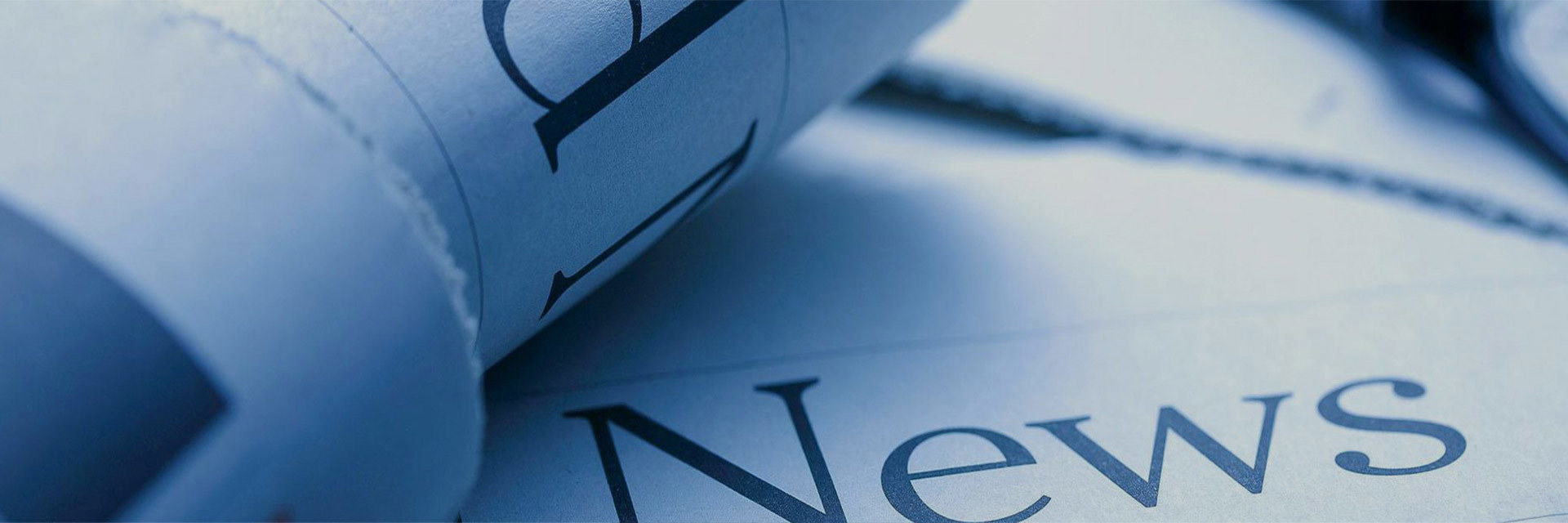The Role of Rubber Lined Steel Pipes in Industrial Safety
Release time:
2025-09-04
The Role of Rubber Lined Steel Pipes in Industrial Safety Table of Contents Introduction to Rubber Lined Steel Pipes The Significance of Rubber Lined Steel Pipes in Industry Construction and Design of Rubber Lined Steel Pipes Applications of Rubber Lined Steel Pipes Benefits of Using Rubber Lined Steel Pipes Safety Enhancements with Rubber Lined Steel Pipes Maintenance

The Role of Rubber Lined Steel Pipes in Industrial Safety
Table of Contents
- Introduction to Rubber Lined Steel Pipes
- The Significance of Rubber Lined Steel Pipes in Industry
- Construction and Design of Rubber Lined Steel Pipes
- Applications of Rubber Lined Steel Pipes
- Benefits of Using Rubber Lined Steel Pipes
- Safety Enhancements with Rubber Lined Steel Pipes
- Maintenance and Longevity of Rubber Lined Steel Pipes
- The Future of Rubber Lined Steel Pipes in Industrial Safety
- Frequently Asked Questions
- Conclusion
Introduction to Rubber Lined Steel Pipes
Rubber lined steel pipes are integral components in various industrial applications, serving as conduits for transporting liquids, gases, and slurries. They combine the strength of steel with the protective qualities of rubber, making them ideal for environments where corrosion and abrasion are prevalent. This unique construction not only enhances the durability of the pipes but also significantly contributes to industrial safety.
The Significance of Rubber Lined Steel Pipes in Industry
In industries such as mining, oil and gas, and chemical processing, the transportation of hazardous materials is a routine operation. The use of rubber lined steel pipes minimizes the risk of leaks and spills, which can lead to catastrophic accidents. These pipes are crucial for maintaining operational efficiency while ensuring the safety of personnel and the environment.
The Role of Rubber Lining
Rubber lining provides a non-corrosive barrier that protects steel from chemical reactions, reducing the likelihood of pipe failure. This protective layer is particularly essential for transporting aggressive chemicals that could erode ordinary steel pipes. By preventing corrosion, companies can extend the lifespan of their piping systems and avoid costly repairs or replacements.
Construction and Design of Rubber Lined Steel Pipes
Rubber lined steel pipes are manufactured using a combination of steel and specialized rubber compounds. The process begins with high-quality steel pipes, which are then lined with rubber through several methods, including vulcanization and adhesive bonding.
Materials Used in Rubber Lining
The choice of rubber material is critical for the performance of the lined pipes. Common types include natural rubber, neoprene, and EPDM, each offering different properties suited for specific applications. For instance, neoprene is often used for its resistance to fuels and oils, while EPDM is favored for its weathering and ozone resistance.
Manufacturing Process
The manufacturing process typically involves:
1. **Preparation of Steel Pipe**: The steel surface is cleaned and prepared to ensure good adhesion with the rubber lining.
2. **Application of Rubber**: The rubber is applied through various techniques, ensuring a uniform thickness and proper bonding.
3. **Curing**: The lined pipes are then cured to enhance the properties of the rubber, preparing it for industrial use.
Applications of Rubber Lined Steel Pipes
Rubber lined steel pipes find applications across numerous industries, including:
1. **Chemical Industry**: Transporting corrosive chemicals safely.
2. **Mining**: Handling abrasive materials without damage.
3. **Oil and Gas**: Protecting against harsh environmental conditions.
4. **Water Treatment**: Facilitating the movement of treated and untreated water.
Specific Use Cases
In the chemical industry, rubber lined pipes are utilized to convey acids, alkalis, and solvents. In mining, they transport slurries that contain minerals and other particulates. Each application highlights the versatility and effectiveness of rubber lined steel pipes in promoting safety and efficiency.
Benefits of Using Rubber Lined Steel Pipes
The advantages of rubber lined steel pipes are manifold, making them a preferred choice for many industries.
Corrosion Resistance
The rubber lining acts as a barrier against chemical corrosion, significantly increasing the lifespan of the pipes.
Reduced Maintenance Costs
With enhanced durability and resistance to wear, these pipes require less frequent maintenance and replacement, leading to lower overall costs.
Improved Safety Standards
By minimizing leaks and spills, rubber lined pipes significantly enhance workplace safety, protecting employees and surrounding environments.
Safety Enhancements with Rubber Lined Steel Pipes
In high-stakes industrial settings, safety is paramount. The implementation of rubber lined steel pipes contributes to a safer working environment in several ways.
Leak Prevention
The risk of leaks is dramatically reduced with rubber lined pipes, which can prevent the release of hazardous materials into the environment.
Employee Protection
By reducing the chances of accidents, companies can create a safer workplace, ultimately leading to higher employee morale and productivity.
Regulatory Compliance
Utilizing rubber lined steel pipes can help companies meet strict regulatory standards concerning environmental protection and occupational safety, minimizing legal liabilities.
Maintenance and Longevity of Rubber Lined Steel Pipes
Maintaining rubber lined steel pipes is essential to ensure their longevity and functionality.
Regular Inspections
Conducting periodic inspections helps identify any potential issues before they escalate into serious problems. Look for signs of wear, degradation, or separation of the rubber lining.
Cleaning Procedures
Implementing proper cleaning protocols is crucial for preventing buildup that can lead to blockages or accelerated wear on the rubber lining.
The Future of Rubber Lined Steel Pipes in Industrial Safety
As industries continue to evolve, the demand for advanced materials like rubber lined steel pipes will likely increase. Innovations in rubber technology and manufacturing processes will further enhance the capabilities of these pipes, making them even more effective in promoting industrial safety.
Emerging Technologies
The integration of smart technologies, such as sensors for monitoring pipe integrity, could revolutionize the use of rubber lined steel pipes. Real-time data collection and analysis could help identify issues before they lead to failures.
Frequently Asked Questions
1. What are rubber lined steel pipes used for?
Rubber lined steel pipes are primarily used for transporting corrosive substances, slurries, and other materials in various industrial sectors.
2. How do rubber lined pipes enhance safety?
They reduce the risk of leaks and spills, minimizing environmental impact and protecting employees from hazardous materials.
3. What types of rubber are used in lining steel pipes?
Common types of rubber include natural rubber, neoprene, and EPDM, each chosen based on specific application needs.
4. How long do rubber lined steel pipes last?
With proper maintenance, rubber lined steel pipes can last significantly longer than unlined steel pipes, often exceeding 20 years.
5. Are rubber lined pipes more expensive than regular steel pipes?
While the initial investment may be higher, the long-term savings from reduced maintenance and extended lifespan often offset the initial costs.
Conclusion
Rubber lined steel pipes play a pivotal role in enhancing industrial safety across various sectors. Their unique combination of durability, corrosion resistance, and reduced maintenance requirements makes them an invaluable asset for companies prioritizing safety and operational efficiency. As industries evolve, the continuous improvement and innovation in rubber lined pipe technology will ensure that they remain a cornerstone of industrial safety strategies, safeguarding both personnel and the environment. Embracing the benefits of rubber lined steel pipes is not only a smart choice but a critical step towards achieving excellence in safety and efficiency.
Key word:
Rubber lined steel pipes
Recommended



